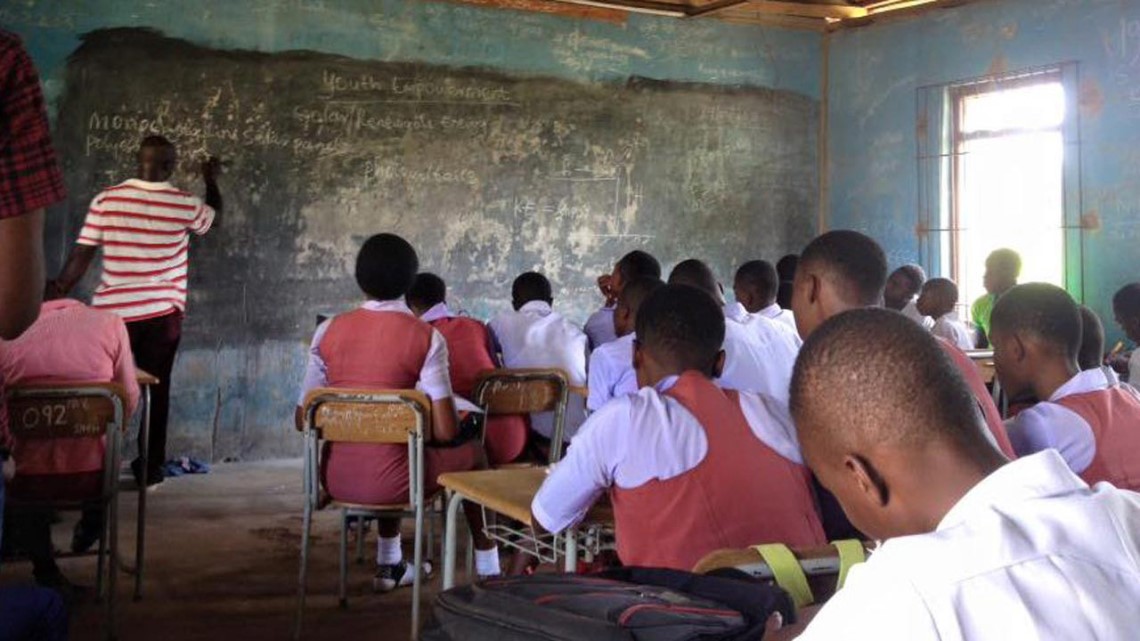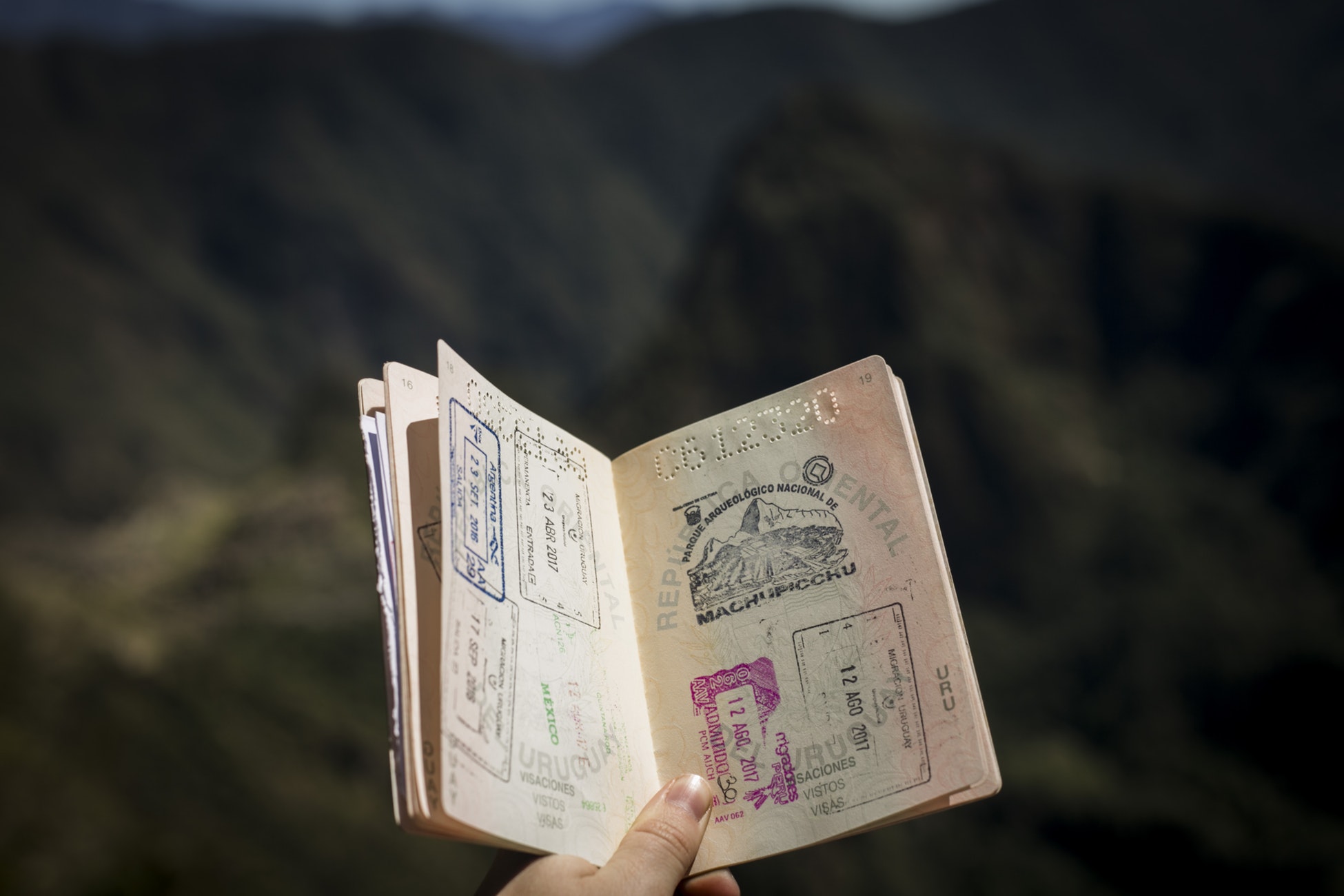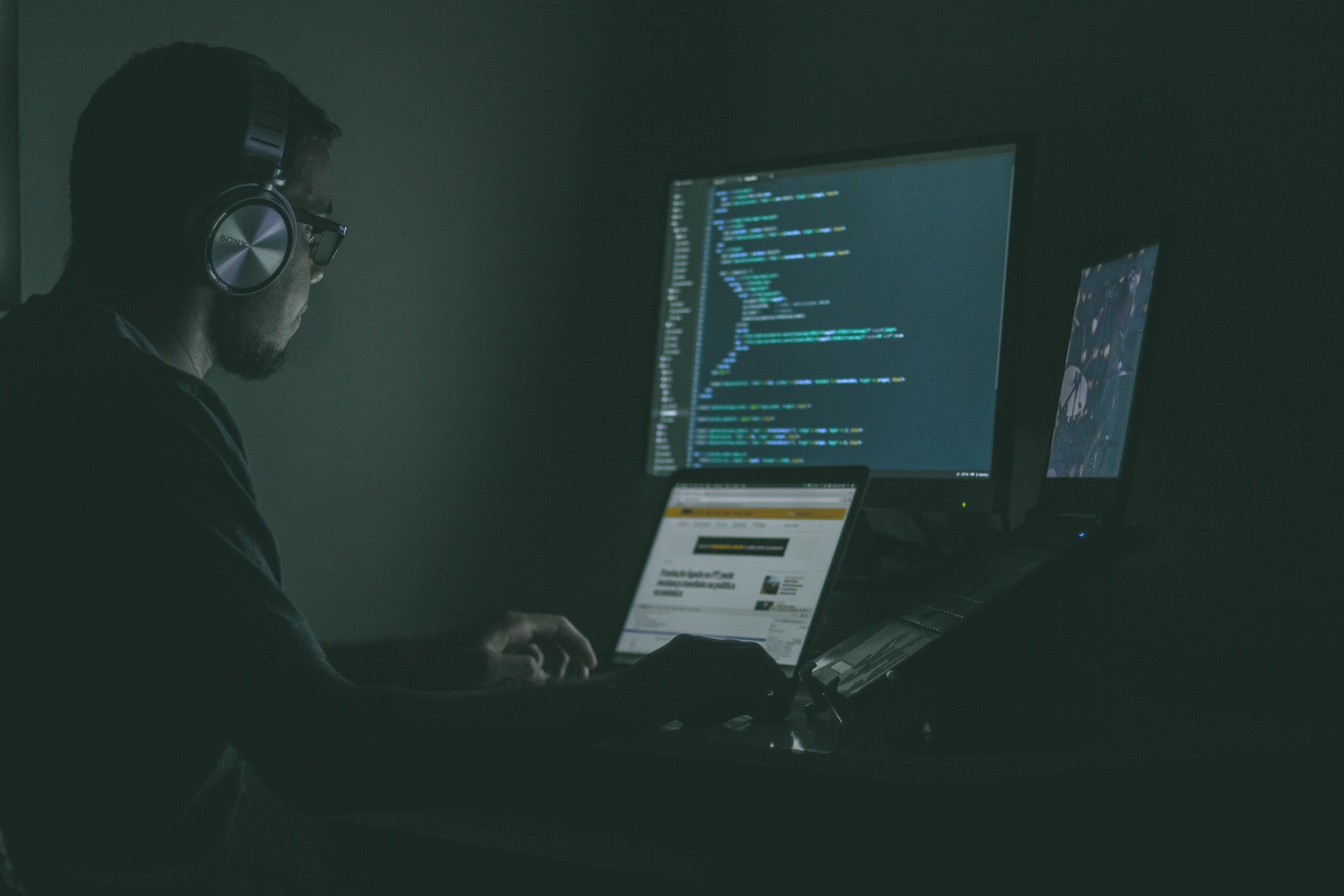Tokenizing learning, an exciting opportunity presented by blockchain technology, is bringing about a rapid paradigm shift in the conventional education norms through an approach that no longer restricts learning to the four walls of a classroom.
Stakeholders think of device lending in the summer as one piece of the equity puzzle that helps even out the educational playing field. But what is the long term solution that can serve K-12 and even higher education? Tokenizing learning could very well be the way out.
Discovery driven by need
June marks the end of the school year and leaves many educators across the globe concerned about one thing – the summer slide, a gap that often leads to considerable learning loss among students. Only this summer, this intermission is likely going to be all about frantic attempts to catch up with the lost classroom time that has primarily impacted the student achievements negatively.
The principal of the French Middle School in Kansas, US, was pleasantly surprised to come across a couple of her eighth-graders enjoying a beverage at a nearby McDonald’s outlet. When inquired, she was even more astounded when told that they came here just for the free wi-fi connectivity to get up to speed with the lost school year.
Students this year are taking time off from summer break and relaxation and utilizing the school-issued electronic devices in hopes of staving off the summer slide. However, a recently conducted research estimates that the situation will not be the same across every household as many parents wouldn’t be able to actively take part in the child’s learning, thus widening the education inequality gap even further.
Things are moving behind the scene
In early April, Amazon donated 8,200 laptops to SPS students. Yet more stakeholders are needed, not just to provide devices but to create modules for online classes, train facilitators, and get these modules out to learners. Teachers won’t lose jobs, but they would need to learn new skills. And there’s a more extended plan being set, in the form of tokenizing learning.
Demand for online learning has grown by leaps and bounds in recent times, and in many cases, students are expected to engage and learn the course content by themselves. Such a self-determined effort can only prove to be effective when it is autonomous, and rewards can motivate young minds and teachers to go the extra mile.
Tokenizing learning – A unique approach to learning and teaching
Tokenizing learning is based on the idea that the goal for education can suddenly become attractive with tokens being part of it, a reward scheme made possible by the blockchain. This is different from other reward programs that can be hacked, manipulated, or favored by human preference.
On the blockchain, all entrants are made to undergo a system of checking already in place so no one can cheat or ask for special accommodation.
Tokenizing learning is an approach proposed and actively promoted by Mitch Rankin, the co-founder of English Forward, and a staunch blockchain activist. At a time when students and teachers alike are struggling to strike the right balance between time, resources, and temperament and make homeschooling a success while dealing with an expansive and evolving curriculum, blockchain comes in our lives as a blessing.
Blockchain classrooms – no longer a far-fetched dream
Rankin firmly believes that albeit internet technology has significantly transformed the face of education, practically stamping out the age-old brick and mortar classroom setting through novel ideas and trendsetting learning apps, the addition of blockchain can necessarily prove to be a game-changer for millions of students.
In a country like India, where on the one hand, COVID-19 lockdowns have magnified the excruciatingly disturbing digital divide, its digital journey, on the other hand, is one of exuberance. Today, the country boasts the second-largest internet population where the smartphone accessibility is likely to double by 2023. With an opportunity of this size, blockchain, in the form of tokenizing learning can transform India’s education roadmap for the future.
Tokenization – Learning to unlearn
Through tokenizing learning, learners can learn by doing, and teachers can get immediate feedback that improves the overall process of acquiring new skills. When students rely on mutual feedback, they do away with misconceptions and adopt practices that propel growth and development in the right direction.
Many blockchains are smart-contract capable. That means that lessons and courses can be programmed into the blockchain and executed automatically when certain conditions are met. For example, a teacher could set up tasks for students. The blockchain’s smart contracts could automatically verify the completion of each task. Upon completion of all tasks, teachers could receive payment with crypto tokens, and students could be awarded credits and tokens, too. Entire courses could be laid out this way.
Integrating reviews and ratings in tokenizing learning can also serve as a way to guarantee reliable delivery of blockchain-based learning content and drastically bring down costs associated with acquiring new skills.
Teaching and learning with blockchain
Teachers can be taught to create modules for their own lessons and put it up on the blockchain. There’s also a reward for module makers as well as for facilitators. So, no teacher is going to lose his/her job if they can be part of the tokenizing learning approach driven by blockchain.
It can rapidly take a new trend by restoring the control in the learner and educator’s hand by offering them a platform to fine-tune themselves professionally.
The devices alone cannot solve the problem if the material being taught is done the traditional way of questions and answers. That’s merely adapting to circumstances before the system itself gets alienated. That way is not actually contributing to learning and what blockchain demands is disruption, not just adaptability.
As Rankin insists,
Better late than never, we must realize that we have the opportunity and the technology in blockchain-powered tokenizing learning to harness the power of millions of students, allowing us to accelerate education and catapult it forward with their help.







